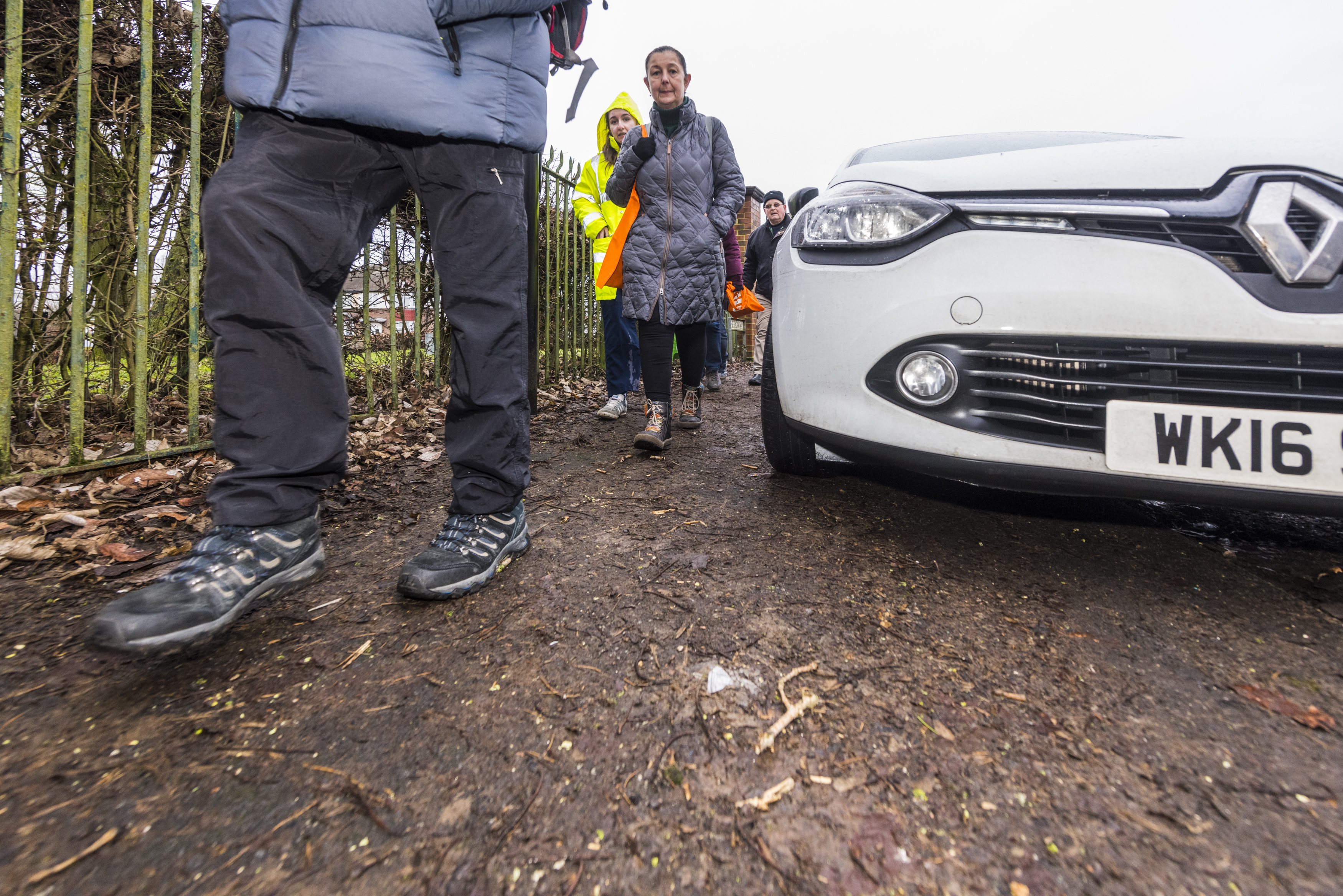IS PARKING A RIGHT?
As a new tool is launched to prompt councils to rethink policy on parking, our Engagement Coordinator, Matthew, asks why it's so difficult to change minds on this issue.
Living Streets' mission to make streets better for walking calls for some big conversations.
None are bigger than the need to reduce car use.
This should not be as controversial as it sometimes feels. The UK government's National Travel Attitudes survey in 2020 revealed that 74% of people agree that we need to reduce car use for the sake of our environment.


The issues caused by car dominance range from air pollution and congestion, to discouraging active travel and reinforcing inactive lifestyles.
Nevertheless, we know that the way we get there requires tenacity and imagination.
Step forward our friends at Possible who have created a new toolkit that allows us to encourage to local authorities to make the most of the powers they have when it comes to...parking.
WHY PARKING?
Currently council parking policies typically focus on permits and enforcement.
However by synchronising objectives with transport, public realm, health and other goals, it could have a crucial part to play in transforming our streets.
For instance, have you ever considered how much of our kerbside space prioritises cars over people? Or that most cars remain parked for 95% of their lifespans?
WHAT ARE WE CALLING FOR?
Living Streets agrees with Possible. Local authorities need to look beyond permits and fines, and see parking policy as a crucial tool in taking space away from cars and reallocating it to help create healthier, more active, more connected communities.
That's why we are teaming up with CPRE and encouraging our supporters to use Possible's Parking Toolkit.
HOW THE TOOLKIT WORKS
The toolkit allows campaigners, residents, councillors and council officers to assess their local parking policies, and produce a Parking Action Plan which they can use to advocate for taking space away from cars and giving it back to people and nature.
You’ll need to find various documents on your council’s website to do the assessment but the Toolkit takes you through the whole process.
Depending on where you live, you may feel your local authority does not have a parking policy worth subjecting to detailed analysis or you may not have time to assess the parking policy in your area.
If so, there is also a simple tool you can use to email your council and ask them to review their parking policies for the sake of people and our environment.


About the author
Living Streets